Related Research Articles

Namibia, officially the Republic of Namibia, is a country in Southern Africa. Its western border is the Atlantic Ocean. It shares land borders with Zambia and Angola to the north, Botswana to the east and South Africa to the south and east. Although it does not border Zimbabwe, less than 200 metres of the Botswanan right bank of the Zambezi River separates the two countries. Namibia gained independence from South Africa on 21 March 1990, following the Namibian War of Independence. Its capital and largest city is Windhoek. Namibia is a member state of the United Nations (UN), the Southern African Development Community (SADC), the African Union (AU) and the Commonwealth of Nations.

Windhoek is the capital and largest city of Namibia. It is located in central Namibia in the Khomas Highland plateau area, at around 1,700 metres (5,600 ft) above sea level, almost exactly at the country's geographical centre. The population of Windhoek in 2020 was 431,000 which is growing continually due to an influx from all over Namibia.

Norfolk County is located in the U.S. state of Massachusetts. At the 2020 census, the population was 725,981. Its county seat is Dedham. It is the fourth most populous county in the United States whose county seat is neither a city nor a borough, and it is the second most populous county that has a county seat at a town. The county was named after the English county of the same name. Two towns, Cohasset and Brookline, are exclaves.
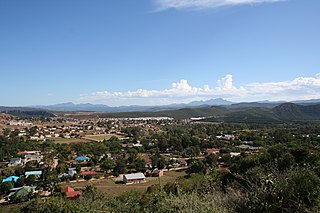
In South Africa, the terms township and location usually refer to the often underdeveloped racially segregated urban areas that, from the late 19th century until the end of apartheid, were reserved for non-whites, namely Black Africans, Coloureds and Indians. Townships were usually built on the periphery of towns and cities. The term township also has a distinct legal meaning in South Africa's system of land title, which carries no racial connotations.
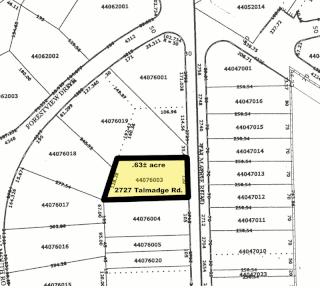
In the United States, a plat (plan) is a cadastral map, drawn to scale, showing the divisions of a piece of land. United States General Land Office surveyors drafted township plats of Public Lands Surveys to show the distance and bearing between section corners, sometimes including topographic or vegetation information. City, town or village plats show subdivisions broken into blocks with streets and alleys. Further refinement often splits blocks into individual lots, usually for the purpose of selling the described lots; this has become known as subdivision.

In U.S. land surveying under the Public Land Survey System (PLSS), a section is an area nominally one square mile, containing 640 acres, with 36 sections making up one survey township on a rectangular grid.
A bridge loan is a type of short-term loan, typically taken out for a period of 2 weeks to 3 years pending the arrangement of larger or longer-term financing. It is usually called a bridging loan in the United Kingdom, also known as a "caveat loan," and also known in some applications as a swing loan. In South African usage, the term bridging finance is more common, but is used in a more restricted sense than is common elsewhere.
Torrens title is a land registration and land transfer system, in which a state creates and maintains a register of land holdings, which serves as the conclusive evidence of title of the person recorded on the register as the proprietor (owner), and of all other interests recorded on the register.
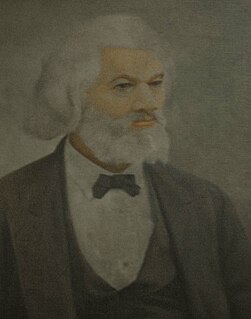
Recorder of deeds or deeds registry is a government office tasked with maintaining public records and documents, especially records relating to real estate ownership that provide persons other than the owner of a property with real rights over that property.
Age of candidacy is the minimum age at which a person can legally hold certain elected government offices. In many cases, it also determines the age at which a person may be eligible to stand for an election or be granted ballot access.
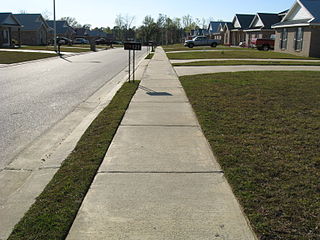
Subdivisions are the act of dividing land into pieces that are easier to sell or otherwise develop, usually via a plat. The former single piece as a whole is then known as a subdivision. Subdivisions may be simple, involving only a single seller and buyer, or complex, involving large tracts of land divided into many smaller parcels. If it is used for housing it is typically known as a housing subdivision or housing development, although some developers tend to call these areas communities.
Civil registration is the system by which a government records the vital events of its citizens and residents. The resulting repository or database has different names in different countries and even in different US states. It can be called a civil registry, civil register, vital records, and other terms, and the office responsible for receiving the registrations can be called a bureau of vital statistics, registry of vital records and statistics, registrar, registry, register, registry office, or population registry. The primary purpose of civil registration is to create a legal document that can be used to establish and protect the rights of individuals. A secondary purpose is to create a data source for the compilation of vital statistics.
His Majesty's Land Registry is a non-ministerial department of the Government of the United Kingdom, created in 1862 to register the ownership of land and property in England and Wales. It reports to the Department for Business, Energy and Industrial Strategy.
Land registration is any of various systems by which matters concerning ownership, possession, or other rights in land are formally recorded to provide evidence of title, facilitate transactions, and prevent unlawful disposal. The information recorded and the protection provided by land registration varies widely by jurisdiction.
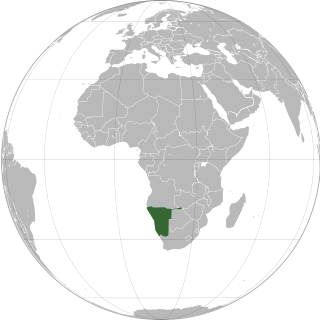
Lesbian, gay, bisexual, and transgender+ (LGBT+) persons in Namibia face legal challenges not experienced by non-LGBT residents. Discrimination based on sexual orientation and gender identity is not banned in Namibia, and households headed by same-sex couples are not eligible for the same legal protections available to opposite-sex couples. However, despite the lack of legal rights experienced by Namibian LGBT citizens, acceptance and tolerance of LGBT people is much higher than in most African countries.
The Uniform Environmental Covenants Act (UECA) is one of the uniform acts drafted by the National Conference of Commissioners on Uniform State Laws, a non-profit, American unincorporated association. The act is intended to provide clear rules for perpetual real estate interests – an environmental covenant – to regulate the use of brownfield land when real estate is transferred from one owner to another. The Uniform Law Commissioners completed the proposed act in 2003. Several states have adopted the Act.
A severance can in law mean the act of severing a piece of land from a larger tract of land. The severed parcel of land becomes a separate lot (parcel). Second, it can refer to, in jurisdictions that have the form of co-ownership, the ending of a joint tenancy by act or event other than death. Third, it can be defined in a definitions clause or table in ways including the removal of a party from an agreement, or a permitted ending of the agreement — in an employment contract/negotiations especially common as to severance pay and other terms of severance — or part of the agreement in which case it may be either capable of forming the heart of a new agreement, that is being superseded or instead varied to be non-binding (avoided) as to future conduct and the parties should ensure which meaning is meant in this third range of senses.
Formalities in English law are required in some kinds of transaction by English contract law and trusts law. In a limited number of cases, agreements and trusts will be unenforceable unless they meet a certain form prescribed by statute. The main kinds of formality that a statute can require are to put the transaction in writing, to make a deed, or to register it at a government registrar.

Affirmative Repositioning (AR) is a leftist political movement in Namibia mainly focused on land reform, youth empowerment and social reform. Founded in 2014 by Job Amupanda, Dimbulukeni Nauyoma and George Kambala, the AR uses social media platforms to mobilise residents to apply for erven from municipalities. Due to thousands of youth submitting their forms on the same day, these activities have the character of mass demonstrations. The movement had, in a first round in November 2014, achieved a wave of individual land applications in Windhoek, Namibia's capital, which had since spread to other Namibian towns. The Affirmative Repositioning movement had threatened to take the land by force had the applications not have been processed and approved by July 2015 in the local municipalities.

The Flexible Land Tenure System (FLTS) is an innovative concept to provide affordable security of tenure to inhabitants in informal settlements in Namibia.
References
- ↑ South African Deeds Registries Act, 1937 (Act No. 47 of 1937) Retrieved 21 December 2016
- ↑ Namibian Deeds Registries Act, 2015 (Act No. 14 of 2015) Retrieved 21 December 2016